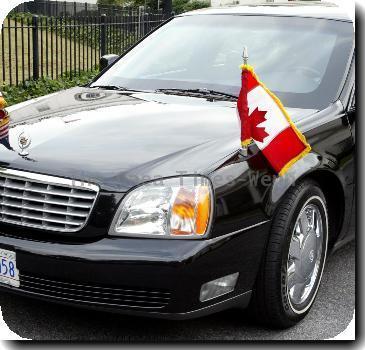Military leaders offer guarded optimism on Afghanistan; NATO puts fresh face on 8-year war
By Anne Flaherty, APFriday, February 5, 2010
NATO putting more optimistic face on Afghan war
ISTANBUL — NATO and U.S. officials are putting a more optimistic face on the eight-year-old Afghanistan war, suggesting that tens of thousands more foreign troops can finally turn the corner against a growing Taliban insurgency.
“After a difficult year in 2009, we now see a new momentum in 2010,” NATO Secretary General Anders Fogh Rasmussen said Friday. He had just completed strategy discussions that looked ahead to an expected push against Taliban strongholds in southern Afghanistan this spring.
However, despite the upbeat outlook provided this week by top commander Gen. Stanley McChrystal, Fogh Rasmussen and other officials attending a two-day NATO meeting, the allied effort in Afghanistan faces serious challenges.
Among them are a shortfall in outside trainers to help Afghan security forces improve to a level that will enable them to begin taking over from foreigners. While countries have pledged to send more troops, some 4,000 more trainers and mentors are needed to work with Afghan security forces.
The NATO meeting was the first of its kind since President Barack Obama announced plans to send 30,000 more troops to Afghanistan this year, with an eye on withdrawals starting in July 2011. Other countries have agreed to provide an additional 10,000, which would push force levels over 140,000 and mark the biggest single security push since the war began after the Sept. 11 attacks in 2001.
With U.S. forces streaming in, McChrystal told reporters this week the security situation was still grave but no longer deteriorating. That was his most optimistic assessment since arriving last summer, when he said things were more difficult than he had expected and getting worse.
At the same time, NATO unofficially estimates that the number of Taliban insurgents in Afghanistan has grown from fewer than 400 in 2004 to about 25,000 last year and nearly 30,000 now.
Major world powers decided last week that Afghanistan’s military should be boosted to 171,600 by October 2011, up from the current 98,000 troops. They also decided to increase police numbers to 134,000 by that date, from about 90,000 today.
“As more Afghans join their nation’s security forces, we have to be able to train and equip them to fight as quickly as possible,” U.S. Defense Secretary Robert Gates said.
Gates announced on Friday that the U.S. will offer for sale a version of its mine-resistant, armored-protective vehicles to its allies. In some cases, the vehicles, called MRAPs, would be provided to countries that can’t afford to pay for them.
The vehicles have proven helpful in protecting against roadside bombs, the largest killer of U.S. forces in Afghanistan.
Gates said other anti-bomb technology — including jammers, robotic equipment, detection kits and road-clearing equipment — will be shared.
The U.S. hasn’t provided the vehicles to allied troops before because so many of them were being used in Iraq, Gates said. But the recent drawdown of U.S. troops in Iraq will free hundreds of vehicles.
The jammers and other high-tech items also have remained off-limits for security reasons. Gates said that with the influx of NATO troops, it was imperative that the U.S. provide “whatever we can within the limits of the law” to help protect them.
Associated Press writers Suzan Fraser and Slobodan Lekic in Istanbul contributed to this report.



